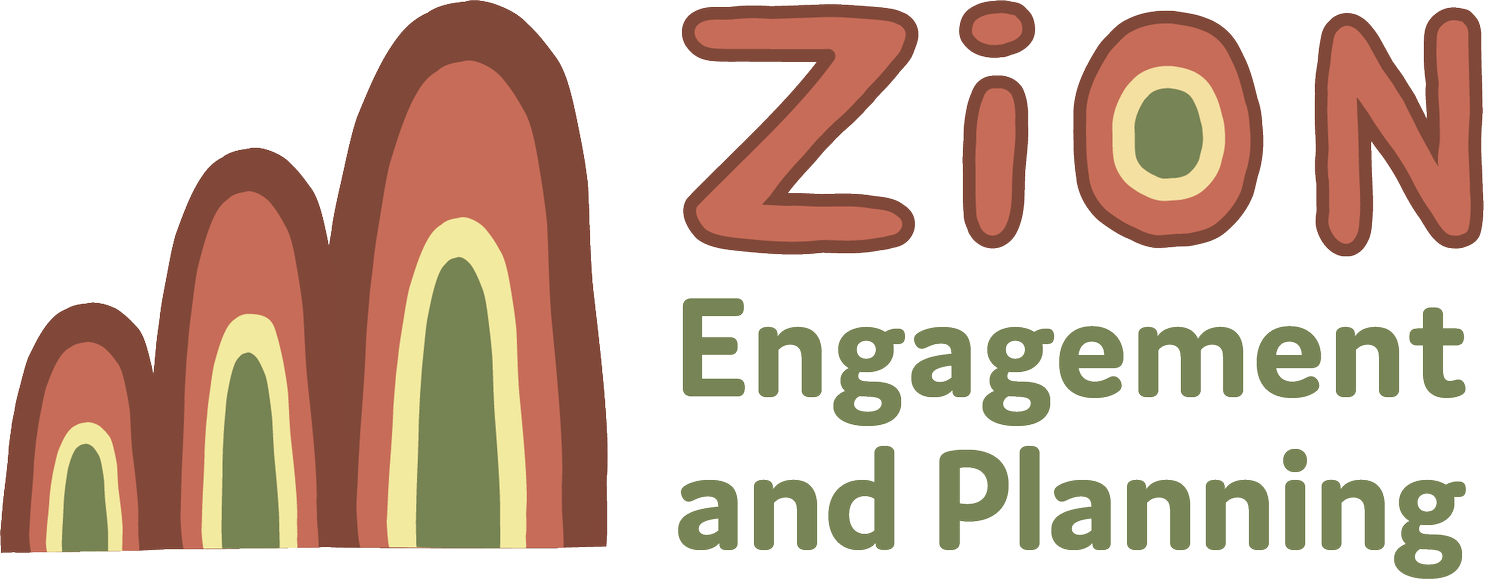First Nations Sustainability
Humans were once the apex predator, the top animal in the food chain and we relied on this mentality for survival. Since then humans have evolved, fashioned, tools, culture, luxuries, we have observed nature and learnt about natural systems and transferred this knowledge – generation to generation. We evolved to custodians, caretakers, responsible to maintain the balance of country and all of life within it. In this role we not only survived we thrived. We worked cooperatively sharing the work, sharing the bounty, maintaining the balance in a relationship with Country. We held the responsibility as sacred and built our societies, laws, culture and beliefs on hold this responsibility to be custodians. This is the framework of First Nations cultures, an intergenerational responsibility to understand the cycles of the past to ensure Country would continue to sustain life for all species for generations into the future. First Nations people have always known that if we care for Country then Country cares for us, this is Lore.
The current dominant human paradigm on Earth has turned its back on our role custodians and began to exploit the earth for personal gain. Societies is driven by individual profit and ignoring our collective responsibilities to consider outcomes of our choices on other life forms around us and on the planet that sustains us. We have enjoyed unprecedented luxury of choice while others experience unprecedented poverty and suffering, we have caused destruction and extinctions. We have damaged Country in ways we cannot fully comprehend, and we have broken Lore.
Cornerstone to First Nations approaches to sustainability is the awareness that all things are connected. The western system tends to break things down and examine things at micro levels, we hear how government often operates in silos, life is separated and isolated out in an attempt to understand it. First Nations peoples look at the interconnectivity of all life and it is these connections that are essential to understanding the balance required for meaningful approaches to sustainability. This is how we care for Country.
A major barrier to this is a holistic approach to sustainability and for Aboriginal people this means housing. For us the idea of owning Country is ridiculous, we belong to Country, it could never belong to us. It is against our culture to try to own land, many of us have been forced to break this belief to provide security and sustainability in our families. It perplexes me how many Australians don’t understand the intergenerational financial oppression against our people that have prevented the cumulation of wealth enough to for us to have the financial options to participate in a housing market. Australia is facing a housing crisis of enormous proportions which is affecting many Australians who would have assumed it their birth right to one day own a house. For First Nations people this has been the case since invasion in 1788. First Nations housing needs to be prioritised to restore the balance that was upset through invasion and the successive government policies which were acts of genocide against our people.
Despite colonisation, environmental injustices, and human rights violations, Indigenous peoples representing 5% of the world’s population, protect 80% of global biodiversity.(https://api.nationalgeographic.com/distribution/public/amp/environment/article/can-indigenous-land-stewardship-protect-biodiversity-)
This statistic provides powerful evidence inherent priority of sustainability to First Nations cultures globally. We know that preserving biodiversity is also key to turning around the climate crisis, as many of these areas protected by First Nations peoples are major carbon sinks.
First Nations culture is trending, following the devastating bushfires in 2019 there was a flurry of interest in traditional fire management techniques and more broadly a theoretical interest in other traditional land management practices. Aboriginal people have been living here in this country for thousands of years, we have stories and sites that predate the ice age, there is a considerable body of knowledge to learn from. Increasingly, first nations people are being asked to support the strategies for change and solutions to the complex problems we face from climate change. Here in Australia, First Nations people have fought hard to fulfil our cultural obligations to care for Country, it’s a relief to have a voice in the conversation but it has come at a huge cost. Successive Australian governments have assumed that our people are savages and have devalued our cultural knowledge and practices which has been developed over thousands of years in a sacred relationship with Country. Our wellbeing has been affected by the violation of our sacred places, our totems, the water ways and all life on Country, our mother. Yet the generosity of First Nations people is enduring, we want to work together to combine ancient knowledge of Country with technology to find solutions.
Author: Belle Budden
The Echo Newspaper 2022

